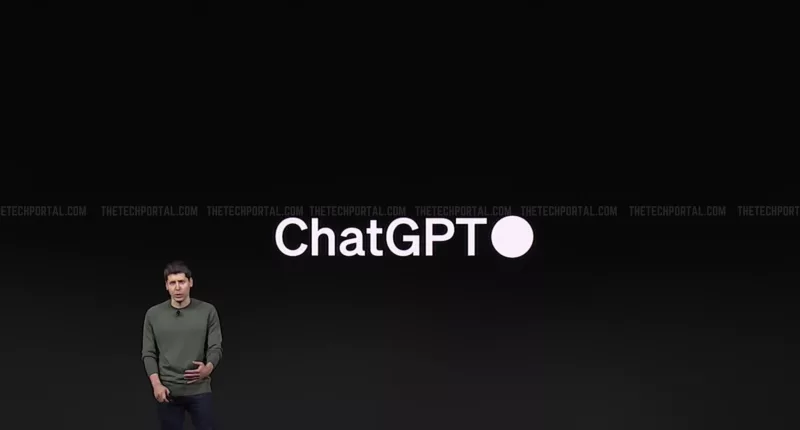Asian News International (ANI), one among India’s largest news agencies, has now filed a lawsuit against OpenAI, alleging unauthorized use of its copyrighted content for training ChatGPT, the popular AI-powered chatbot. The case was submitted in the Delhi High Court, and marks the first instance of the US-based AI firm attracting the ire of an Indian news publisher.
To be precise, the news agency has accused OpenAI of using its content without permission to train its large language models (LLMs) – something that is in violation of ANI’s intellectual property rights. According to ANI, the AI model reproduces content verbatim on the popular chatbot and generates responses that have a strong resemblance to the original news reports themselves. To add to this, the agency contends that the chatbot further attributed fabricated news stories to the news agency – the news agency cited cited instances where the chatbot produced fictional interviews, including one involving Indian politician Rahul Gandhi. ANI argues that such “hallucinations” — a term that refers to AI models providing incorrect or misleading information — pose a risk to its reputation, amongst other negative consequences.
According to ANI, the AI company has “refused to obtain a lawful license or permission” for the use of original works by the news agency, even as it has entered into licensing arrangements with other global news organizations. These include the Financial Times and Associated Press, and OpenAI has agreements with them for use of copyrighted content. ANI, represented by Sidhant Kumar Marwah, argued that while the news information was made available in the public domain, it did not mean that it can be copied or stored.
“These results reproduce the exclusive content and emulate even the manner of presentation of the Plaintiff’s Works without any authorisation. This clearly amounts to an infringement of copyright in the Plaintiff’s Works,” ANI said.
For now, a single-judge bench headed by Justice Amit Bansal has issued a summons to OpenAI, while ANI confirmed that ChatGPT can no longer access its website. An immediate injunction was not granted, and it remains to be seen whether this happens at the next court session, which will take place in January. “Given the range of issues involved in the present suit as well as the issues arising on account of latest technological advancement vis-a-vis copyrights of various copyright owners, this court is of view that an amicus curiae be appointed,” the court stated, according to media reports.
Speaking of OpenAI, the firm has defended its practices, stating that its models are trained using publicly available data, claiming that it is protected under the principles of fair use and established legal precedents. OpenAI’s legal team, led by advocate Amit Sibal, also drew attention to is existing agreements with the Financial Times, amongst others, arguing that the claims of the ANI fell outside Indian jurisdiction since the AI company has no operational presence in the country.
“We take great care in our products and design process to support news organizations. We are actively engaged in constructive partnerships and conversations with many news organizations around the world, including India, to explore opportunities, listen to feedback, and work collaboratively,” a spokesperson for OpenAI commented on the matter, adding that the company builds its “AI models using publicly available data, in a manner protected by fair use and related principles, and supported by long-standing and widely accepted legal precedents.”
The Tech Portal is published by Blue Box Media Private Limited. Our investors have no influence over our reporting. Read our full Ownership and Funding Disclosure →






